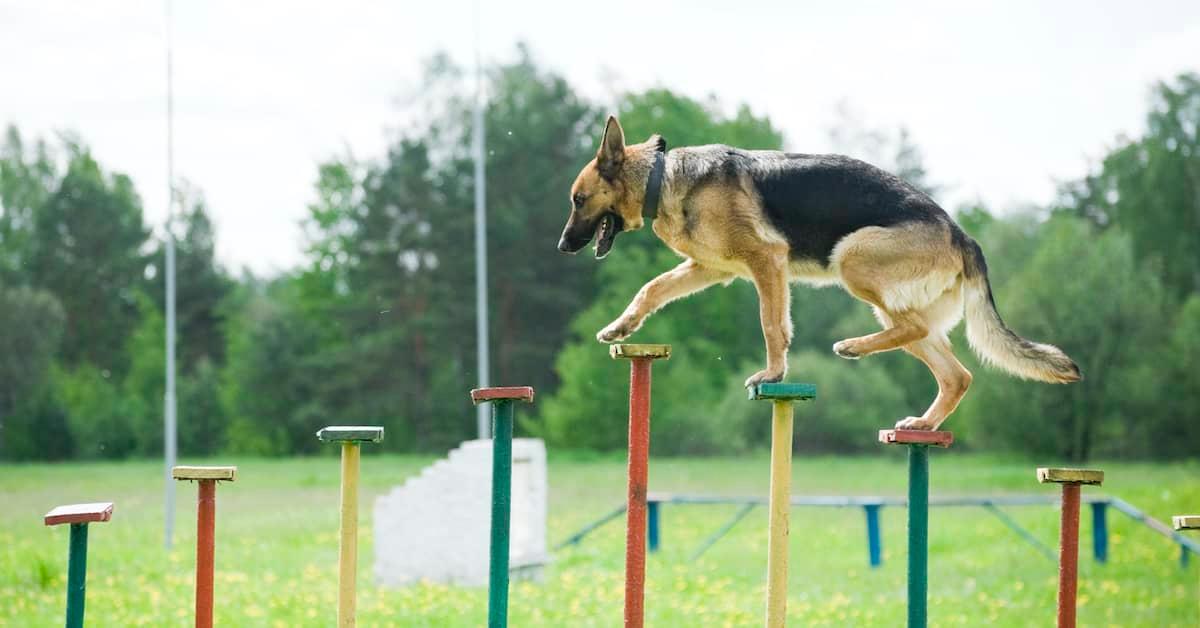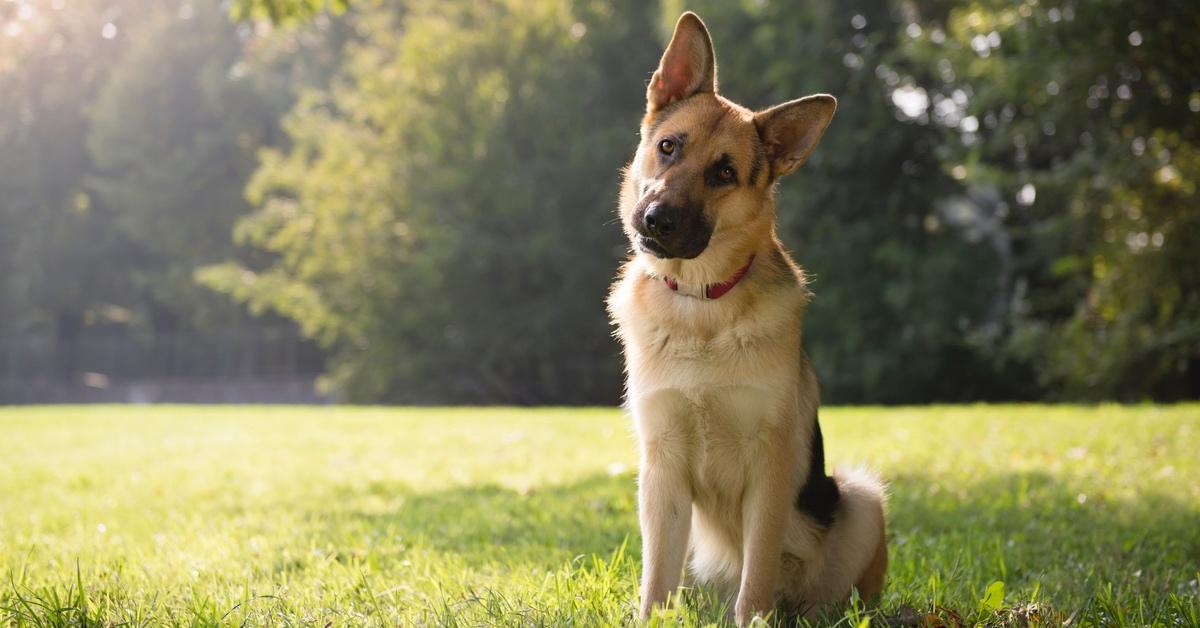Understanding the Truth Behind German Shepherds: Debunking the Aggressive Stereotype
Published Dec. 26 2023, 12:59 p.m. ET

The Gist:
Are German Shepherds really aggressive? Here’s the truth about these loyal protectors.
Understanding the temperament and needs of German Shepherd dogs.
Adopt, don’t shop: Give a deserving GSD a second chance and experience the joys of a loyal companion.
German Shepherds are known for their strength, loyalty, and intelligence. They’re often portrayed in movies and television shows as fierce guard dogs or as part of police K-9 units.
But are German Shepherds aggressive? It depends. German Shepherds can exhibit aggressive behavior if they are not properly trained and socialized. They’re also known to be extremely protective and loyal. Let’s look closer to see if we can debunk the stereotype.

Are German Shepherds aggressive?
According to the American Veterinary Medical Association (AVMA), the German Shepherd breed has been implicated in serious biting incidents. However, it's important to remember that a dog's breed is only one part of the story regarding aggression.
The truth about their temperament is more complex than the stereotype suggests. Multiple factors influence aggression, including genetics, environment, training, and purpose.
Labeling an entire breed as naturally aggressive is inaccurate and potentially harmful. German Shepherds are powerful and athletic dogs with strong instincts, but like any other breed, they thrive best with consistent training, socialization, and ample physical and mental stimulation.
Are German Shepherds dangerous?
German Shepherds possess physical traits and instincts that can be misconstrued as dangerous. Still, responsible ownership and proper training can go a long way to channel their energy positively.
GSDs are also well-known for their protective nature, which can sometimes be interpreted as aggression. The Dog Advisory Council emphasizes the importance of socialization and care in shaping a German Shepherd's behavior.
With the right approach, these loyal protectors can become loving and well-behaved companions who bring joy and fulfillment to their human companion’s lives.
It is crucial to understand that aggression in German Shepherds can often be traced back to neglect or abuse. Their loyal and protective nature will shine through by giving them a stable and nurturing environment, proper training, and positive reinforcement.

What are the pros and cons of German Shepherds?
If you’re thinking of opening your home to this breed, here are some things to consider beforehand:
Pros:
Highly trainable and intelligent, German Shepherds excel in working roles and are very obedient.
They’re naturally protective and loyal, making them excellent guard dogs.
GSDs are affectionate and playful, especially when properly socialized and trained.
Cons:
German Shepherds have high energy requirements: they need ample exercise and mental stimulation to prevent boredom and destructive behaviors.
They have strong protective instincts that can lead to territorial behavior and potential aggression if not properly trained and socialized.
GSDs have demanding grooming needs thanks to their thick double coat.

Adopt, don’t shop for your German Shepherd companion.
Ultimately, German Shepherds are more than just a label. They are versatile, intelligent, and loyal companions, capable of incredible feats when treated with respect, understanding, and proper training.
Choosing to adopt rather than purchasing from breeders helps prevent the proliferation of dogs with undesirable traits, including aggression. Going through a reputable sanctuary like Sedona Shepherd Sanctuary allows you to meet an individual dog and assess their temperament before making a commitment.
Remember, it’s responsible ownership, not breed, that dictates a dog's behavior. So, let's move beyond the stereotypes and celebrate the true brilliance of this magnificent animal.